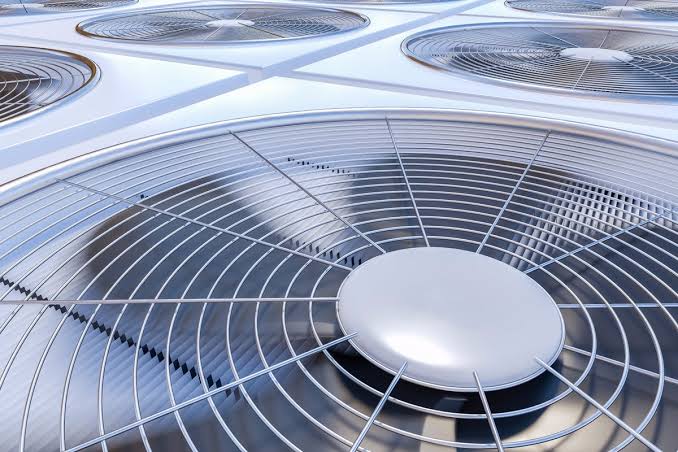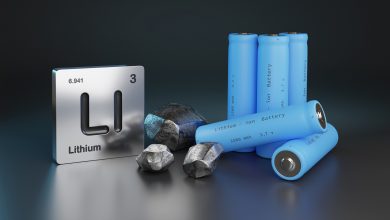Brief History of Heating & Air Conditioning
Index Of The Blog

It’s not that long ago that people around the world had to withstand both incredibly cold and swelteringly hot weather without any help from heating and air conditioning technologies. Today, the vast majority of people rely on these technologies for their daily comfort and convenience. In fact, it’s difficult to picture reality without the cool air from your AC when the weather’s hot and the warm air from your heating system as the temperature starts to plummet.
But taking just the smallest of steps into the past paints an entirely different picture. Winters were extremely cold, summers were extremely hot, and people just had to live with it. It was only in the middle of the 19th century that the visionaries of the time started thinking about centralized heating and cooling systems. From there, it all snowballed into the systems we have today. But how did it all begin? That’s what the history of HVAC is here to teach you.
What Is The History Of Heating & Air Conditioning?
Being familiar with the history of heating and air conditioning allows you to not only gather more knowledge about your current profession and customer trends and demands, but it will also allow you to answer any potential questions your customers may have.
And while customers asking about the beginning and the invention of air conditioners is a bit of a stretch, asking about the development of certain technologies is a little bit more commonplace. So, let’s take a look at how the HVAC industry came to be and how it developed over the years into the juggernaut we know today.
The Beginning
The first mind behind the HVAC revolution was John Gorrie. He was an inventor and doctor who thought that cooling could be the perfect remedy for not only increasing people’s comfort but also fighting a variety of existing diseases. In the 1840s, he invented a system that used frozen blocks from lakes and streams to provide cooling in hospital rooms.
The logistics of such an undertaking soon proved unreasonable, which is why he kept working on his idea and came up with a machine that would make ice using steam, wind, or horsepower. This granted him a patent for the contraption used for making ice in 1851. He unfortunately never saw his product take actual commercial shape, as he lost funding for the project.
The Invention Of AC
Will Carrier had a task to provide a solution for the problem of humidity in one of the large Brooklyn publishing houses of the late 1800s. He worked tirelessly to create a machine that would apply cooling coils in order to humidify the air by heating an amount of water or dehumidifying it by cooling the same amount of water.
His patent was a huge success and led to him creating an automated system for the same purpose. He soon left the publishing house he worked for and established his own enterprise – Carrier Engineering Corporation. This invention served as the basis for all subsequent AC-related breakthroughs and advancements.
The Invention Of The Furnace
Heating is just as important as air conditioning, and it was Benjamin Franklin who invented the very first stove in the year 1742. This was the predecessor of the modern furnaces we know today. Up until the year 1885, the majority of homes across the United States used wood fuel fireplaces for heating.
However, it was then that furnaces from riveted steel appeared that used coal as their primary fuel source. Then, radiators made from cast iron also appeared and served individuals to dissipate the heat around their homes evenly and from a single source.
Finally, the first surface operating on the principle of forced air was invented in 1935 and continues to be a standard to this day. It uses electric fans to distribute heat through ducts and is one of the most widely used heating solutions across the USA.













